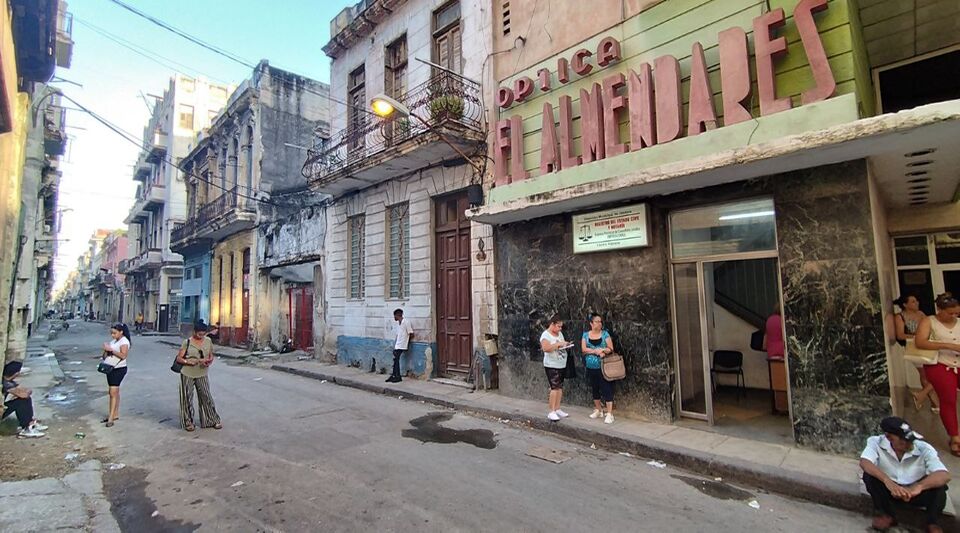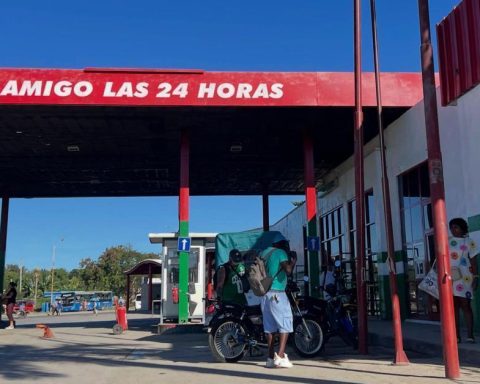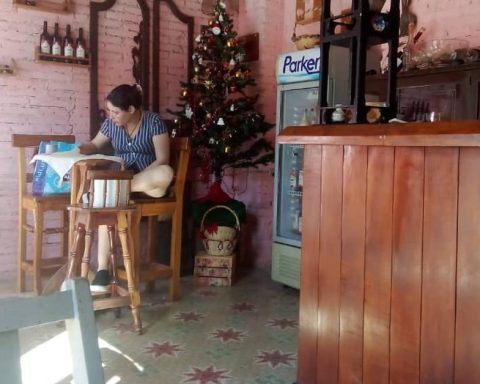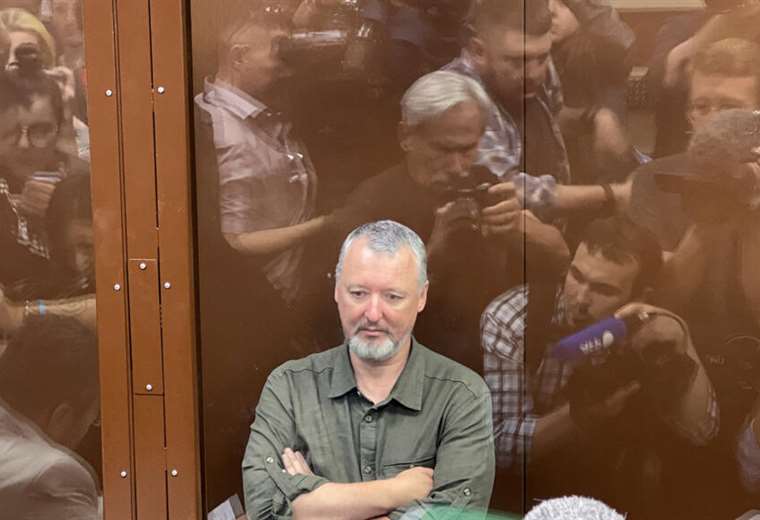Their faces say it all: boredom, sweat and the desire to get out of there. Those who go to the Civil Status Registry of Centro Habana find the façade of the old El Almendares optical store converted into a public office, with a dusty poster that has a scale drawn on it. The symbol of Justice in a place like this, from which mistreatment and disagreements are expected, is not without irony.
The receptionist’s reaction when a citizen enters the waiting room is not a good omen. She wrings her hands and rolls her eyes, to the point that it’s hard for her to approach the bureau, question the employee and say good morning. That the woman does not return the greeting is already a warning that she has entered a corner of Kafkaesque Havana: there is no law or order and, if the client wants to solve her problem, she is at the mercy of that first gatekeeper.
The card is shown, all kinds of credentials are offered and, even so, the receptionist hesitates. “You don’t appear here”, she assures, looking at a piece of paper, to the dismay of the one who asks her. Despite the fact that the applicant understands, before starting the lawsuit, that everything will be useless, she tries to make a claim: “But I was on the list and they gave me a date and time.”
The card is shown, all kinds of credentials are offered and, even so, the receptionist doubts: “You do not appear here”
New grimaces, new explanations and when the secretary is already on the verge of despair, she sighs: “Look, if it were up to me, honestly, I would close this office right now and I wouldn’t attend to anyone else.”
Everyone who attends the Civil Status Registry has been assigned a turn through the Ticket application and, in theory, there should be organization. The reality, however, is instantly disappointing: the names of the newcomers and those of those who are registered do not match. As in a tasteless tongue twister, those of today had to be served yesterday, those of tomorrow will see them in the past, and there is no point in waving the receipt.
Another applicant approaches the desk, like an animal headed for the slaughterhouse, and the receptionist scans it from top to bottom. “I’m here,” says the woman with a small voice, “to see if I can request a document remotely.” Miraculously, she manages to be sent into another office where she is finally asked to indicate her request. However, the happiness was watered down when she requested the management of a document from the municipality of Diez de Octubre –almost remote due to the transportation situation.
“What bad luck,” says the official, instantly stopping typing on her computer: “The Civil Registry of Diez de Octubre hasn’t had internet for a long time.” “And why is that?”, the user naively asks. “Lightning struck the router and the device melted. If I do the paperwork, it won’t do any good, because it won’t reach them. The best thing to do,” he adds, in a confident tone, “is go there with a piece of paper that I’m going to give you.”
Immediately afterwards, he writes some scribbles on a piece of paper and hands it to the client. Looked closely, there is no one who understands the hieroglyphs that – the official promises – will open the doors of the Civil Registry, with or without the Internet. “Understand me,” he adds, to mitigate the displeasure of the client, who is already calculating how much the expedition to Diez de Octubre will cost, “if I do the management here, it will be ready when they have a new router. And you know: those things take as long as if they came by boat.”
Negligence and the lousy training of officials also has a price: spelling errors and blunders that make the document less valid.
When you leave there, you have the impression of having left a dense environment where officials talk as if they were drugged. A mixture of strange smells, rarefied air and monotonous voices makes anyone unaccustomed to the state atmosphere dizzy.
Negligence and the lousy training of officials also has a price: misspellings and blunders that make the document less valid, lack of seriousness in the procedures and wholesale oversights ensure that no trip to Cuban offices will be the last.
Free –for the moment– from the Via Crucis to which everyone who crosses the gate of the former El Almendares optician is forced, someone exclaims: “This is like The death of a bureaucrat!”. The diagnosis is exact: as in Tomás Gutiérrez Alea’s film, the swamp of official instances is more muddy than ever and not even the dead are saved from it.
But the evil is much greater on an Island where everything works backwards: those who leave the Civil Registry observe how the public lighting is turned on at the wrong time –in the morning and after a night of darkness.
________________________
Collaborate with our work:
The team of 14ymedio He is committed to doing serious journalism that reflects the reality of deep Cuba. Thank you for accompanying us on this long road. We invite you to continue supporting us, but this time becoming a member of our newspaper. Together we can continue transforming journalism in Cuba.
















